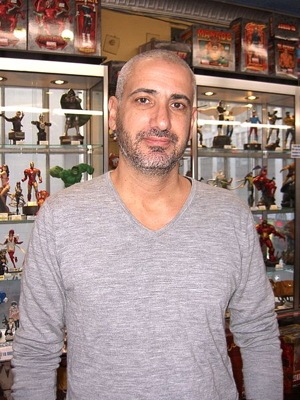
[Little more than a week ago, Marvel announced a big change at the top, with VP, Executive Editor Axel Alonso being promoted to the role of Editor-in-Chief. A ten-year Marvel veteran, Alonso originally forged his name as one of the best regarded editors of the modern era during a stint at DC’s Vertigo imprint where he developed 100 Bullets and won a reputation as an editor of thought-provoking action who got career-defining work from writers like Garth Ennis and Brian Azzarello. As one of the main players at the Jemas/Quesada Nü-Marvel, he continued to make waves, introducing a gay Rawhide Kid, editing the acclaimed Peter Milligan/Mike Allred X-Statix and revitalizing such characters as Luke Cage and the Hulk. In recent years he’s continued to bring in new talent, including a bevy of crime fiction writers like Victor Gischler and Duane Swierczynski. It’s a strong creative portfolio for someone coming to the position and seeing how Alonso makes his mark on perhaps the most fabled job in comics will be one of the most important stories of the next few years. Despite his busy, busy schedule, Alonso very graciously made time this week to answer some of the main questions facing any comics industry executive in these interesting times.]
THE BEAT: Not to put any pressure on you, but you’re becoming the editor-in-chief of Marvel Comics at, arguably, one of the most transitional periods in comics history. On the plus side, you’ve had some time to think about it, since your promotion has been in discussions for a little while. How do you see the job of editor-in-chief in this time?
ALONSO: It’s certainly a challenging period to inherit the position. I think that I take a lot of comfort from the fact that I’m not alone. I’ll be working with people who I’ve worked with for the last 10 years who’ve demonstrated year and in and year out their expertise. The interesting thing for me in this next month or longer is taking a peek behind the curtain and indeed having the time to look at the bigger picture. In that regard, 10 years ago I left a small imprint at DC Comics to come into the heart of mainstream comics. There was incredible pressure by the publisher at that time to bring my rolodex and my ideas to superheroes where I had never worked before, and to get sales. So in that regard, it’s not the first time I’ve faced a daunting challenge and gotten my bearings. But it starts with listening and talking to other people on staff starting with Joe [Quesada] and Dan [Buckley] and Ski [James Sokolowski] and of course the writers and consultants I work with, people like Bendis and Loeb.
THE BEAT: You do have a fantastically experienced team. Have you studied any of your predecessors at editor-in-chief? Are there any lessons you’ve taken from the past?
ALONSO: Well, I haven’t specifically studied the reigns of any previous editors-in-chief. That said, I’ve had enough beers where we’ve discussed the successes and failures of previous regimes. The key thing I’ve been wary of is when people start applying rules to the creative process or trying to deduce formulas. In creating a movie or a book or a comic, it’s not a mathematical equation. 2 plus 2 doesn’t always equal 4. It can equal 0 or a hundred. There is no way of completely duplicating the success of something you’ve seen. So much relies on instinct, voodoo, luck and, the main thing, the talent and vision of the people involved. One thing I am very wary of is editors-in-chief who–there have been EICs who ruled with an iron hand who have acted as if they have a staff populated by nincompoops. I’ll put it this way, I think the definition of intelligence is to be able to walk into a room and have the perspective that you are not always the smartest person about everything and be willing to take feedback and absorb feedback and indeed allow other people to lead as well.
THE BEAT: You’ve always been known as someone who sought and nurtured new talent, and of late you’ve brought in such people as Jason Aaron and Matt Fraction. Will you still be able to devote some time to this in your new role?
ALONSO: Absolutely. Prior to being tapped for the position and certainly now that I am editor-in-chief, I have had my eye on a number of creators, writers and artists I’m very eager to bring into the fold. As someone who will be taking a huge step back from line editing, I’m going to have to learn how to do that. I’ve already had conversations–thankfully, many started prior to my promotion, but I’ve had many conversations where I said “Yo, you’ve got to hire so-an-so and here’s why.” I can’t imagine I won’t be doing that. I’ll probably be a little bit hated though.
THE BEAT: Where do you see these new creators coming from? The indie world?
ALONSO: A variety of places but at least two people I’m looking at now have their background in the indie world. You have to be aware there is a difference coming from the indie world to the mainstream. And part of the conversation with these guys is finding out how easily they can capture their inner fanboy.
THE BEAT: Joe was very clear about not doing original graphic novels and he had very good reasons that made economic sense. But are OGNs something you might revisit or reconsider?
ALONSO: Yes, but the long and short of it is I need to make sure there is a good economic strategy for doing this. We are a bottom dollar company and we have to be aware of that. We don’t just purely do our indie side. We have to do things we know will find an audience. I may be an alternative enough guy that I may want stuff out there as one absorbable read, but if I get the sense that this is something that is going to get a smaller audience because of it, then I would obviously look at the opposite argument. But yes, there is nothing dead starting from go.
THE BEAT: There’s been so much talk about events of late . And Marvel is going into 2011 with Fear Itself, a big event. I know you’ve heard all the arguments about event fatigue and so on. So…where do you stand on events?
ALONSO: To be frank, when we started back in the day with our first event I was probably the least thrilled person in the room, when we were sculpting Civil War. But in the debates and arguments that happened in that room I become excited by the new challenge. That said, I think it is dangerous when stories become so insular they don’t do any outreach to the new reader. I wish it weren’t the case but the fact of the matter is the sure fire way to spike a monthly title is to tie it in. The zeitgeist of the day is determined by the man or woman who goes into the comics store on Wednesday, and they want to know [the story] counts. And the only way they know it counts is for other people to say it counts because it’s tied in to the bigger title.
That’s unfortunate, and doesn’t mean there isn’t room for a terrific little indie coming book like The Walking Dead or the occasional limited series we do, such as Marvel Universe Vs The Punisher or the Omega the Unknown limited series we did some years ago. The long and short of it, right now the zeitgeist is: if it counts, it sells. And I think the challenge in front of the creators is to find a way to remind readers that there’s a self-contained read to be found that can find it’s own audience.
Back in the day when I was hired by Bill [Jemas] it was hire Straczynski, put him on Spider-Man point him in one direction and you’re ready to roll. It’s not quite as simple as that anymore. We’re in a situation where if we’re doing stories that aren’t connected there’s no evidence that DC is going to follow suit. Their stories are even more entwined in continuity and banners.
THE BEAT: One of the other huge questions going around now is in regard to about diversifying superhero comics – both gender wise and in terms of people of color. Do you feel this is something that Marvel needs to be more aware of?
ALONSO: I’ve been asked this question every year since I came to Marvel. [general laughter] And my answer is always the same, which is yes. We’re trying. Mentally, I always sift through the times, even with my own office, where I’ve done stories that have fulfilled that mandate from Rawhide Kid, the gay cowboy, and the multi-ethnic cast of Milligan the Allred’s X-Statix and the black Captain America. In my first few years at Marvel I did everything in my power to throw at the audience alternative ways of looking at the superhero. And in those three cases there were enough asses in seats to justify it. It’s tricky. But I’ve been asked many times, “Why don’t you have a Mexican superhero yet?” And it took me a long time, finally in discussions with Moon Knight writer Mike Benson got the idea of the Zapata Brothers, Mexican wrestlers, showboating bounty hunters with secret super powers. I think the main thing is you need to do this, it needs to be an organic creation. You don’t go “I want to create a gay Superman!” That’s not how you do it. The characters have to be rooted, and their ethnicity, their sexuality need to be shadings of their personality, otherwise you’re doomed.
THE BEAT: Movies are such a huge part of the equation, how does this impact on your job? A lot of times the comics haven’t had a spike from the films, and now there is a Thor movie tying in with the Avengers movie. Is the mandate to tie in the comics more?
ALONSO: You know, a casual glance at any of the movies we’ve done show the directors of those films took some latitude with aspects of those stories which if you did it in comic books, you’d be crucified. Spidey’s organic webshooters being one of them. There’s always a certain amount of latitude that the people involved in the film have that you don’t necessarily have when you are doing the comic books. We don’t take our cues from what Kevin Feige and his crew do over in LA. We are aware of what they are doing. We have optics on the larger and more important themes that they are using in the films. We try to make our books relevant to that moment. But there’s a cinematic world with Thor stories to be told. But rest assured, after the movie, there will be more Thor stories to tell and not just in the Avengers. We don’t want to be in a situation where we cut off their options any more than they want to cut off ours.
THE BEAT: Axel, I’ve kind of run through the laundry list of pressing issues in comics, but what’s exciting and fun for you about this job?
ALONSO: I think the main thing is that since I’ve been at Marvel, my job has changed every year or two. I am not being asked to flex the same set of muscles or play the same game. And I like that. I think that this next year, I’ll learn a lot, not only about the industry, but about myself. As Joe has suggested to me, in one of the many conversations we’ve had, I’ll learn a lot about my friends. I’m looking forward to learning all of this. It’s very important in life to challenge yourself and sometimes it’s important to take on things that are a little bit scary and I like having my heart beating, I like having a bit of adrenaline. And I certainly have no absence of adrenaline in my body right now. I tend to play a better basketball game when I’m playing against someone who could beat me.



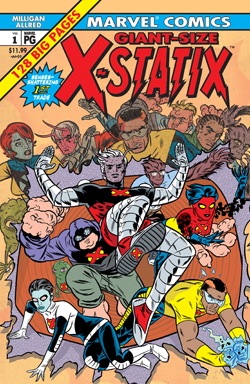
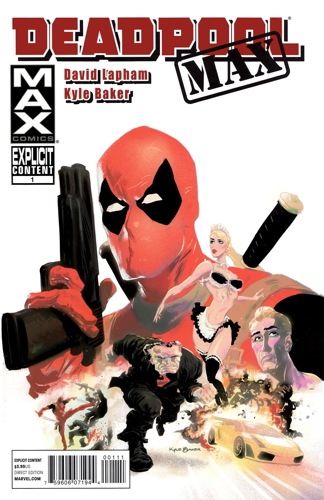
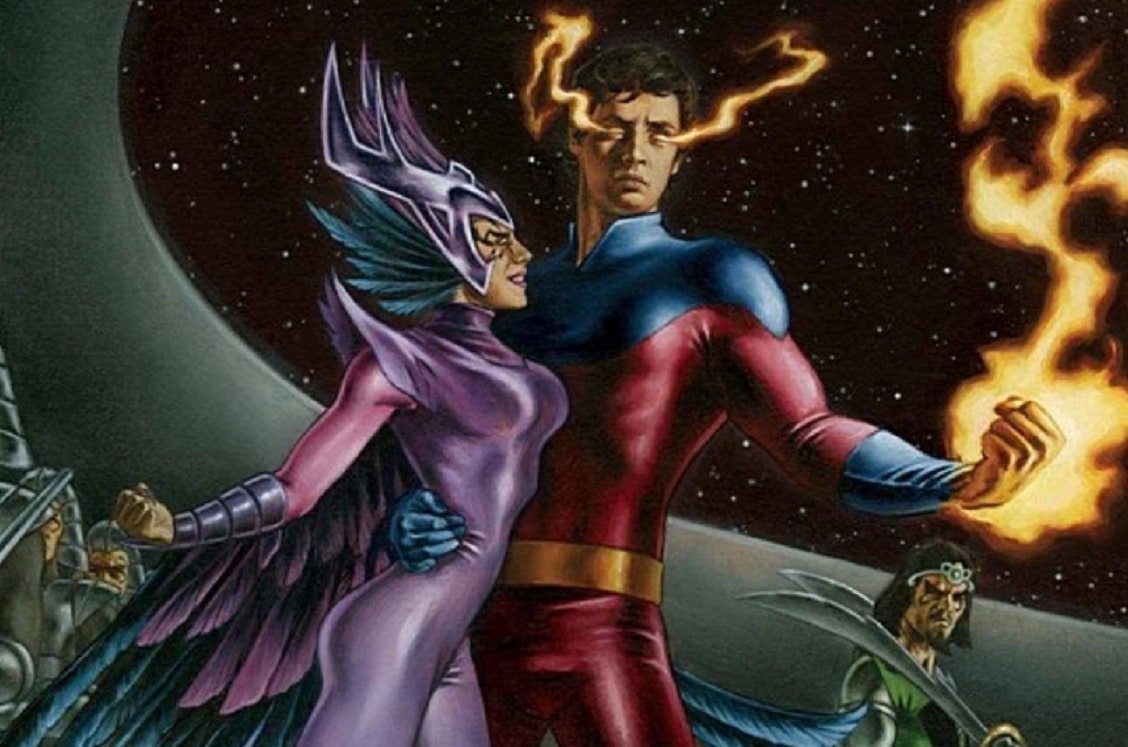
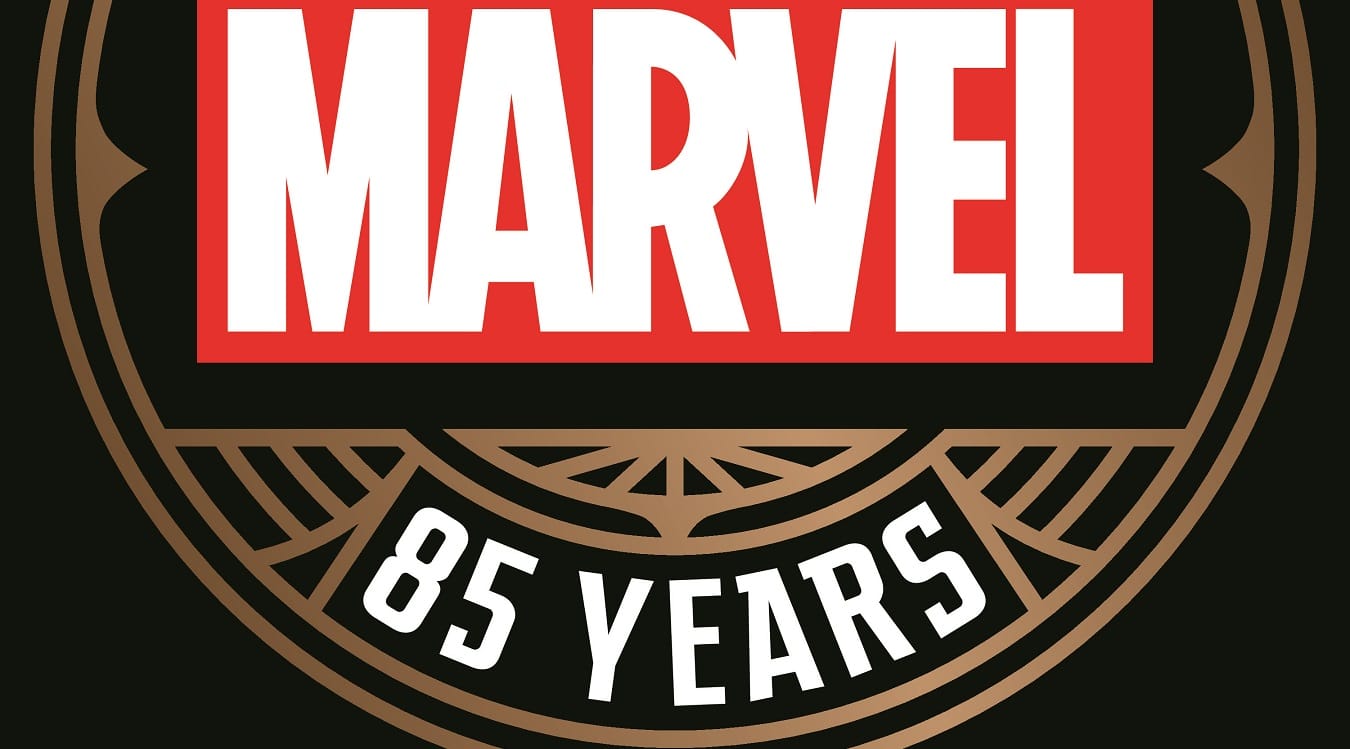
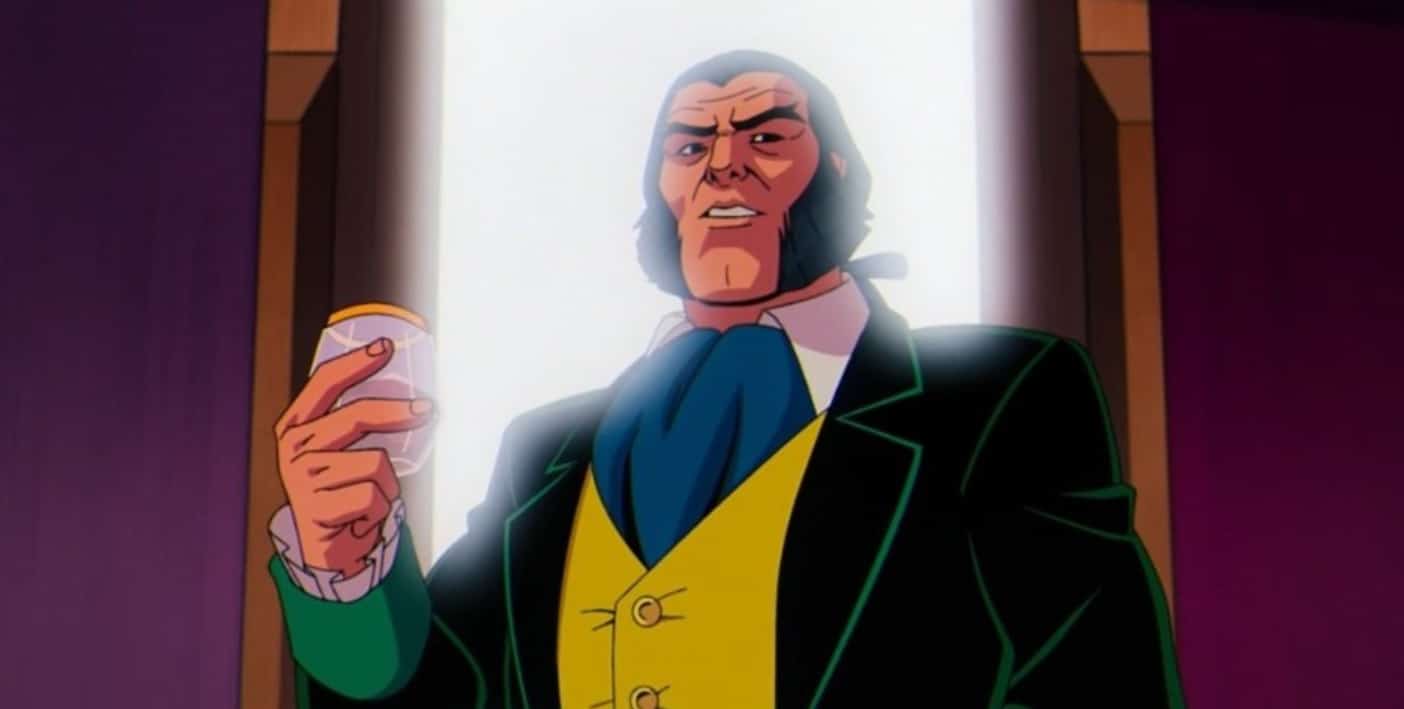
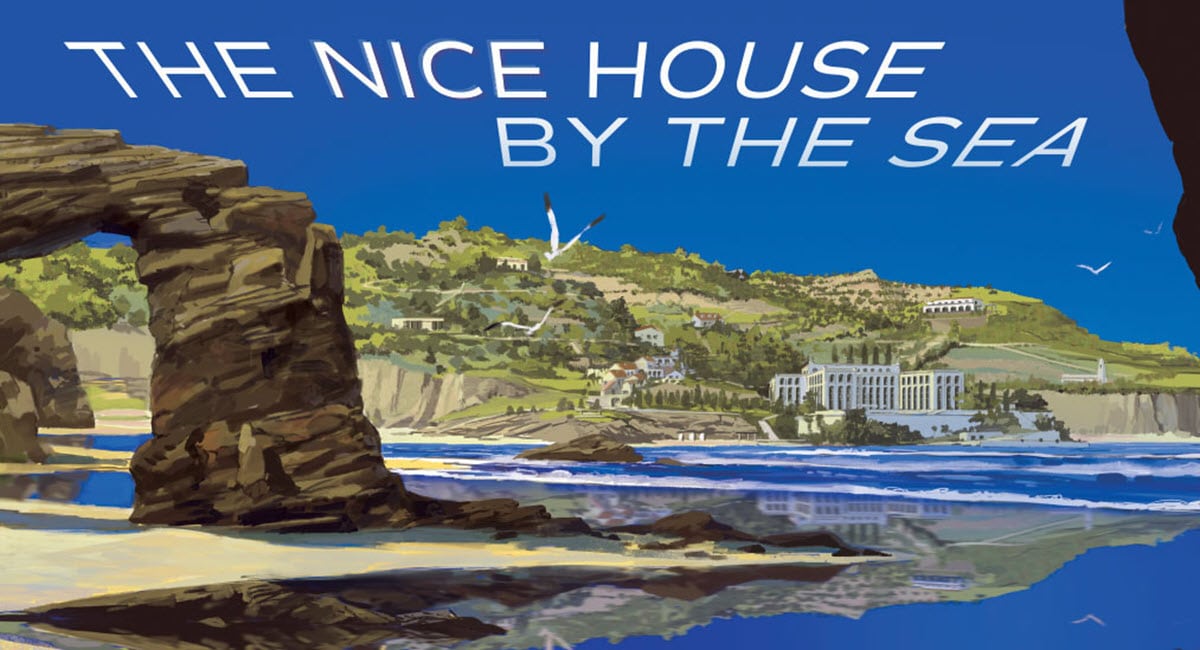
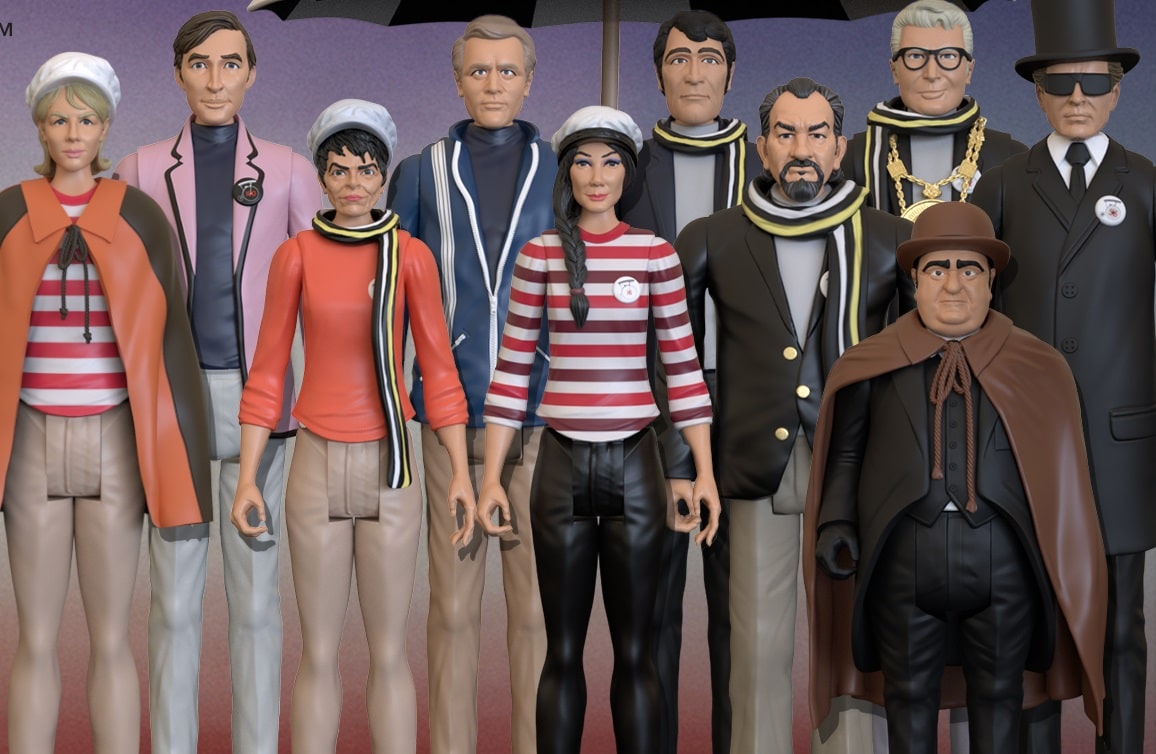

IMO, Alonso is a terrible choice for EIC. He doesn’t “get” superheroes. Hell, I don’t even think that he likes superheroes all that much. Hr’s a prime example of everything that is currently wrong with the Big 2. With Alonso as EIC we wiil most likely get more depressing and boring as hell talking heads superhero comics aimed at the very narrow and rapidly shrinking existing adult readership. Depending on the sales gimmicks and their ability to continue to boost sales, I predict that sales of Marvel comics will continue to fall.
OMT, Marvel has had several Mexican superheroes that were created long before those Mexican wrestling heroes were created and long before Alonso started working at Marvel. Those heroes are Firebird,Rictor, Living Lightening,Armadillo (who is a reformed villain),Spider-Man 2099 (who is half Mexican),and Reptil (who was created several years after Alonso came to Marvel.
“The zeitgeist of the day is determined by the man or woman who goes into the comics store on Wednesday, and they want to know [the story] counts. And the only way they know it counts is for other people to say it counts because it’s tied in to the bigger title.”
Yeah, but when even the “bigger title” begins to suffer from there being too damn many books that count, it may be time for a course correction. Why did CIVIL WAR and SECRET INVASION outsell SIEGE 3:1 and 2:1, respectively? Maybe because they were effective and attractive enough for people beyond “the man (or woman???) who goes into the comics store on Wednesday.”
It’s not just a matter of people not buying books that “don’t count” anymore. That doesn’t accurately describe the situation. For the last year or so, it’s also been a matter of people becoming less and less willing to buy the ones that ARE supposed to count, at DC even more so than at Marvel. What does that tell you?
“With Alonso as EIC we wiil most likely get more depressing and boring as hell talking heads superhero comics aimed at the very narrow and rapidly shrinking existing adult readership.”
I disagree. Not that I think Alonso is a good editor – in fact, I don’t think he’s very good, because I don’t think he involves himself much in the editorial process at all. He’s always seemed very “hands off.”
That said, I don’t think we’ll get one kind of story or shade of stories as a result, because I think he’ll let the creators do whatever they want. That could be a good or a bad thing.
Well, there are regular editors now, so I can’t presume what they’ll decide.
But I don’t see Alonso making all that big of an impact creatively.
I have not written for Axel, but from our conversations and the strength of his work, he strikes me as a man who balances creative with business development, trusting his collaborators.
He does the dance, as I say.
This is good, because…
Historically, when (direct market, paper-based) sales are challenged, editorial can be tempted to over-exert its hand, often stifling creativity. Remember the mid-90s, when the direct market distribution system came this close to going away?
There will be pressure — I believe Marvel’s top-selling books now print in numbers that would be close-to-cancellation 15 years ago — but I predict Axel, with Tom Brevoort, an editor I have written for, will continue to set a creative tone, and from that, comes innovation and sales.
Axel, your chance to shine in these interesting times.
Alonso has always seemed intelligent and, like anyone, he likes what he likes. He has admitted in the past what he likes is hard-edged, Indy stuff. Nothing wrong with that, especially if you’re editing Vertigo or Marvel Knights. But mainstream superheroes are a different thing. I don’t see how his hard-edged, politically correct (sorry, but true how I see it) sensibilities are going to lead to good, action-adventure superhero stories.
The only futrue goal he could mention is creating a Mexican superhero? That’s great, but what does it have to do with making Marvel comics better?
This was a nice interview. I’ve liked some of Alonso’s books before, mainly Jemas-era ones like X-Force, Truth, Spidey. It will be interesting to see what he does.
Saying that, I kinda hoped questions were asked about kids/or all-ages books and pricing. Alonso might favour the hard-edged stuff, but we don’t need more of that in the market right now, aka comics for adults.
I appreciate you could only ask him so many questions, so thank you for this.
Axel and I have been friends for a long time, and one of the last phrases I’d ever use to describe him is “politically correct.”
I’ve also seen him get VERY heavily involved in stories, while other times he hangs back. In fact, I’d say one of his big strengths is knowing when to get his hands dirty and when to just let a creative team run.
Please, please, please make mainstream 616 Marvel better. I haven’t liked most of it since Disassembled, Decimation, Civil War and such. I know he probably won’t retcon out things like Illuminati or Vulcan or Romulus, but I hope we can finally move on from most of the stuff from the last six years or so.
Mainly these days I’ve been getting alternate universe stories like Spider-Girl and the Forever books — but now those are ending, along with Thor the Mighty Avenger. I’m guessing Marvel’s tightening their line down to the mainstream 616 books. I’m hoping those of us who haven’t cared for the Bendis/Millar approach to things will have stuff to bring us back to the mainstream MU under Axel.
Fingers crossed…
Of course, I’d be thrilled to get back those alt-universe books — even if it were a mini or one-shot from time to time — or even, say, an anthology title or backup or something. (With maybe those stories collected with their appropriate series once completed.) If Axel (Mr. Alonso?) reads this — please, please, pretty please, could we have our Spider-Girl or X-Men Forever back, or even finish those last few issues of Thor: The Mighty Avenger?
And please don’t cancel Marvel Adventures…
“The zeitgeist of the day is determined by the man or woman who goes into the comics store on Wednesday, and they want to know [the story] counts. And the only way they know it counts is for other people to say it counts because it’s tied in to the bigger title.”
Seriously, why bother with individual titles anymore then? Marvel and DC should just cancel all their monthly titles and publish “Marvel Universe” or “DC Universe” every couple weeks or whatever.